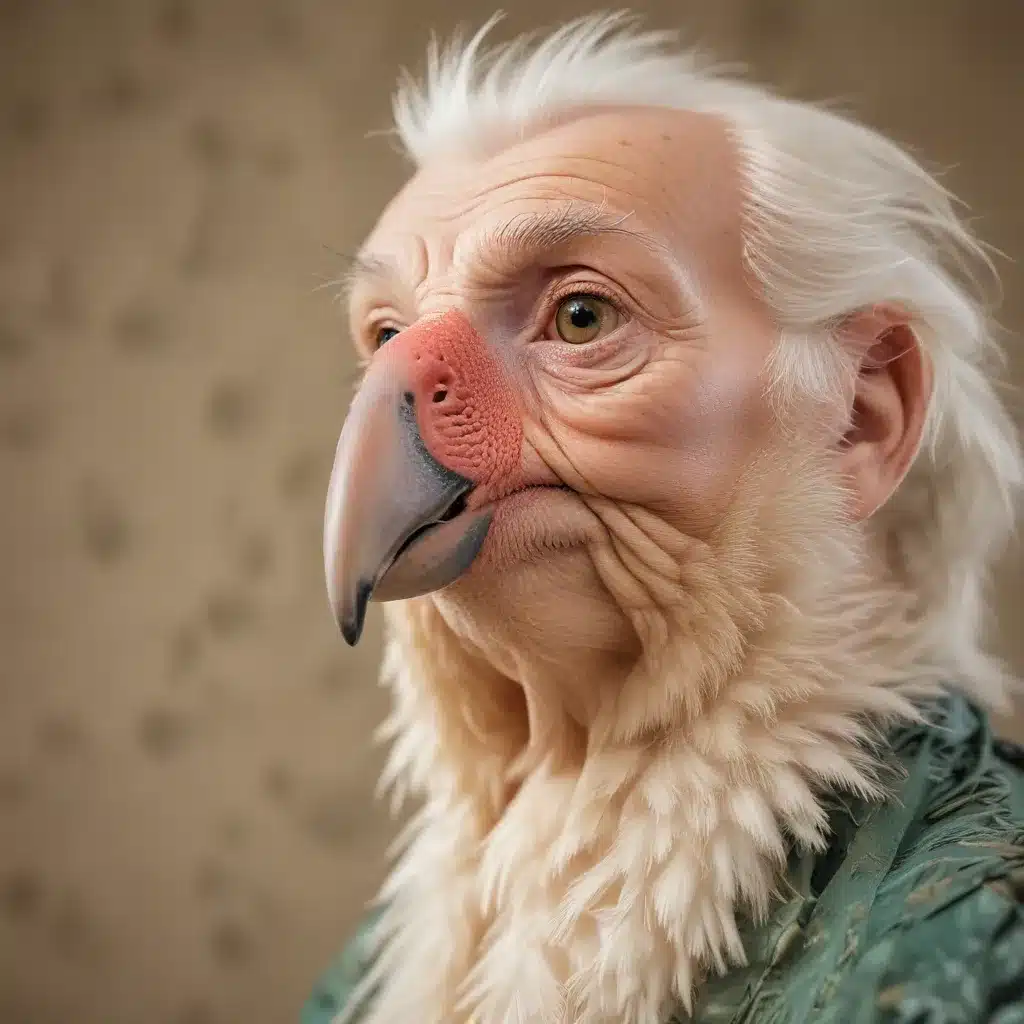
As an experienced avian caretaker and expert in bird species, I’ve had the privilege of caring for many feathered companions over the years. One patient, Icarus, a Double yellow-headed Amazon parrot, stands out in my mind. At 24 years old, he was the picture of health – flaring his tail, ruffling his head feathers, and cheerfully vocalizing as I examined him. Icarus represents a growing trend I’ve witnessed in avian practices: birds are living longer than ever before.
Through advancements in avian medicine and improved husbandry practices, our feathered friends are enjoying extended lifespans. It’s not uncommon for me to see cockatiels well into their twenties or large parrots in their teens. In my own collection, I have a Blue and Gold macaw hen that is an astounding 51 years old – and she even laid a fertile egg this past season!
As avian caregivers, we must adapt to address the unique needs of our senior bird patients. Geriatric care in the avian world is an exciting and challenging field, yet one that has often been overlooked. In this comprehensive guide, I’ll share my expertise on the physiological changes associated with avian aging, effective strategies for providing exceptional geriatric care, common age-related diseases, and the veterinary considerations crucial for supporting our feathered elders.
Avian Physiology and Aging
Avian Anatomical Considerations
Birds possess a remarkably efficient respiratory system, with air sacs that allow for continuous airflow through their lungs. This efficient design, coupled with their lightweight skeletal structure, enables them to achieve remarkable feats of flight. However, these unique anatomical features also present challenges as our avian companions grow older.
Biological Processes of Aging in Birds
The aging process in birds is influenced by a variety of factors, including species, genetics, and environmental conditions. As birds mature, they undergo gradual physiological changes that can impact their overall health and well-being. These changes may include alterations in metabolic rate, hormone production, and immune function.
Age-related Physiological Changes
Older birds may experience a decline in muscle mass and strength, leading to reduced mobility and range of motion. Changes in the skin and feathers, such as wrinkling, discoloration, and decreased preening, can also occur. Degenerative conditions like cataracts, iris atrophy, and nuclear sclerosis of the lenses may impair vision, while hearing loss and balance issues can also arise.
Geriatric Bird Care Strategies
Nutrition and Dietary Requirements
Proper nutrition is crucial for supporting the health of senior birds. Many older avians have been maintained on seed-based diets for years, leading to long-term nutritional deficiencies. Transitioning these birds to a balanced, nutrient-dense diet is essential, but must be done gradually and with close veterinary supervision to avoid stressing the bird during the adjustment period.
Environmental Enrichment and Behavior
As birds age, they may become more sedentary and less inclined to engage in their usual playful behaviors. Providing appropriate environmental enrichment, such as varied perches, foraging opportunities, and interactive toys, can help stimulate their minds and encourage physical activity, which is vital for maintaining overall well-being.
Preventive Healthcare Approaches
Routine veterinary check-ups are essential for senior birds. These examinations should include a thorough physical assessment, diagnostic testing (e.g., bloodwork, radiographs), and preventive care measures like parasite control and vaccination updates. Proactive healthcare can help identify and address any underlying issues before they become more severe.
Common Age-related Diseases in Birds
Cardiovascular Conditions
Atherosclerosis, a buildup of plaque in the arteries, is a common age-related condition seen in some bird species, such as African Greys and Blue-fronted Amazons. Chronic heart disease and arrhythmias may also develop as birds grow older.
Musculoskeletal Disorders
Arthritis and other joint problems can impair mobility and range of motion in senior birds. These issues may stem from old injuries sustained during the bird’s earlier life, particularly in the case of imported birds.
Cognitive Decline and Neurological Issues
As with humans, some older birds may experience cognitive decline, manifesting in changes in behavior, memory, and learning abilities. Strokes and other neurological conditions can also affect our feathered friends as they age.
Avian Veterinary Considerations
Diagnostic Techniques for Senior Birds
When caring for geriatric avian patients, veterinarians must employ a thorough, yet gentle, approach. Careful physical examinations, including the use of magnification, are crucial for detecting subtle changes. Diagnostic testing, such as bloodwork, radiographs, and endoscopy, can provide valuable insights into the bird’s overall health status.
Tailored Treatment Protocols
Geriatric birds may require modified treatment protocols due to their increased vulnerability to complications. Veterinarians must carefully consider the risks and benefits of any proposed procedures or therapies, and tailor their approach to the individual patient’s needs.
Palliative and End-of-life Care
As our feathered companions reach the end of their lives, providing compassionate palliative and end-of-life care becomes a priority. This may involve managing pain, ensuring comfort, and supporting the bond between the bird and its caregiver during this delicate time.
At Mika Birds Farm, we understand the joy and responsibility that comes with caring for senior birds. By staying at the forefront of avian geriatric care, we can help our feathered friends live their golden years to the fullest. If you have any questions or concerns about your aging avian companion, please don’t hesitate to reach out to our team of experts. Together, we’ll ensure your bird receives the exceptional care they deserve.


